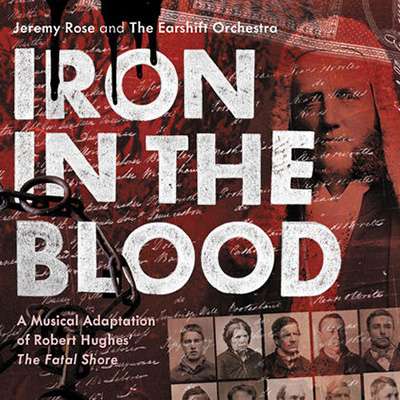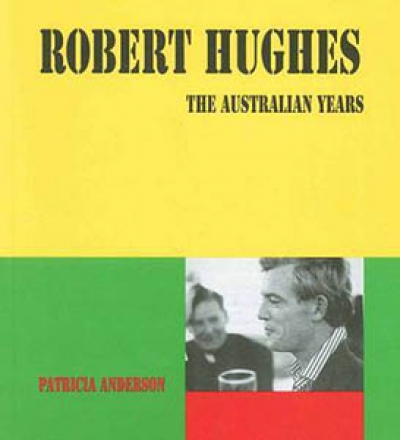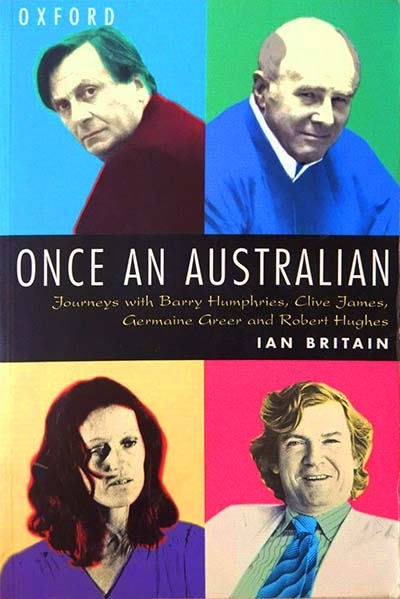Robert Hughes
Iron in the Blood: A musical adaptation of Robert Hughes’s 'The Fatal Shore' by Jeremy Rose
by Geoff Page •
When Gore Vidal died a few weeks ago, his publisher issued a statement calling him the last survivor of a postwar crop of American literary giants. ‘It is hard to think of another … who cut as dashing and visible a figure in various public realms,’ said Vidal’s Doubleday editor, Gerald Howard. Less than a week later the obituary columns were taken over by just such another figure – except that Robert Hughes was an Australian. Malcolm Turnbull made a pronouncement on the floor of the Australian parliament: ‘This titan of arts and letters will never leave us.’
... (read more)


